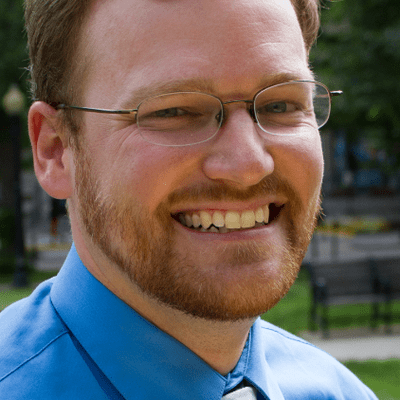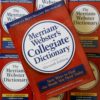Introduction

Labor unions are increasingly flexing their muscles in the political arena through the use of super PACs — the organizations frequently funded by billionaire businessmen and often derided for unleashing a flood of special interest money into elections.
During the first half of 2013, unions contributed $10 million to the political committees, which are permitted to accept donations of unlimited size from individuals, corporations and labor groups — more than five times the $1.7 million they gave to during the first six months of 2011, the last off-election year.
Union giving accounted for roughly $1 out of every $6 raised by all super PACs during the first half of 2013, according to a Center for Public Integrity review of federal campaign finance filings.
By contrast, corporate super PAC donations held steady, totaling about $4 million during the first six months of both 2011 and 2013.
“Super PACs give unions an important new tool in elections,” said David Keating, president of the Center for Competitive Politics, which advocates for the deregulation of political spending.
Super PACs arose out of changes to campaign finance law ushered in by the U.S. Supreme Court’s Citizens United v. Federal Election Commission ruling and a related lower court ruling, SpeechNow.org v. Federal Election Commission, in 2010.
The pair of decisions allowed corporations and unions to use treasury funds to bankroll political advertisements that called for the election or defeat of federal candidates — or give to intermediaries that do so, such as super PACs and nonprofits.
Now, labor unions can use super PACs to “speak out to voters who may share union concerns,” Keating added — instead of only being able to communicate with their own members about the candidates they support.
Unions can also still spend millions of dollars more educating and engaging their members outside of super PAC channels.
The top donor among unions through the first six months of 2013 was the United Brotherhood of Carpenters and Joiners of America, which funneled $1.9 million into its super PAC, Working for Working Americans. Meanwhile, the AFL-CIO invested $1.8 million into its own super PAC — Workers’ Voice.
Those sums rank the two unions as the fourth- and fifth-largest super PAC donors so far this year — only the Democratic Governors Association, the late Bob Perry of Texas and billionaire New York City Mayor Michael Bloomberg gave more.
Thomas Flynn, the United Brotherhood of Carpenters and Joiners’ political director, told the Center for Public Integrity that the unions were still the underdogs in national politics.
“We’re never going to be able to compete with the Koch brothers or the Sheldon Adelsons of the world,” Flynn said, referencing the libertarian-leaning billionaire brothers and the Las Vegas casino tycoon who, along with his wife, donated more than $90 million to GOP super PACs last election cycle. “We just don’t have the resources.”
In a perfect world, Flynn said, the union “probably wouldn’t” operate a super PAC, Flynn added, but “we have to be able to get our message out.”
A representative of the AFL-CIO did not respond to requests for comment, but the union’s president, Richard Trumka has argued that the Citizens United ruling “tilted the playing field” against those “whose voices are being drowned out by excessive corporate spending.”
Meanwhile, Jonathan Collegio, the spokesman for the pro-GOP America Crossroads — a behemoth among super PACs during the past two elections, thanks to mega-donations from several notable businessmen and companies — said his organization “views its role as a conservative counterbalance to the unions.”
With Election Day 2014 still more than a year away, the ultimate strength of union super PACs remains to be seen. And the percentage of all super PAC funds coming from unions could drop should a corporation or wealthy individual — or fleet of them — open their checkbooks like they did in 2012.
Emily E. LaBarbera Twarog, an assistant professor at the University of Illinois at Urbana-Champaign’s school of labor and employment relations, says there is still a “wide division” between the financial reserves of unions and private industry.
“The amount of private money pouring into super PACs to fund anti-worker policies and politicians is huge,” she said. “Citizens United blew it wide open.”
Ben Wieder contributed to this report.
Read more in Money and Democracy
Money and Democracy
See the ambassadorships big money can bring
Money and Democracy
Obama taps Goldman Sachs executive as ambassador to Canada
Bruce Heyman ranks as 20th elite fundraiser nominated for diplomatic post this term


Join the conversation
Show Comments